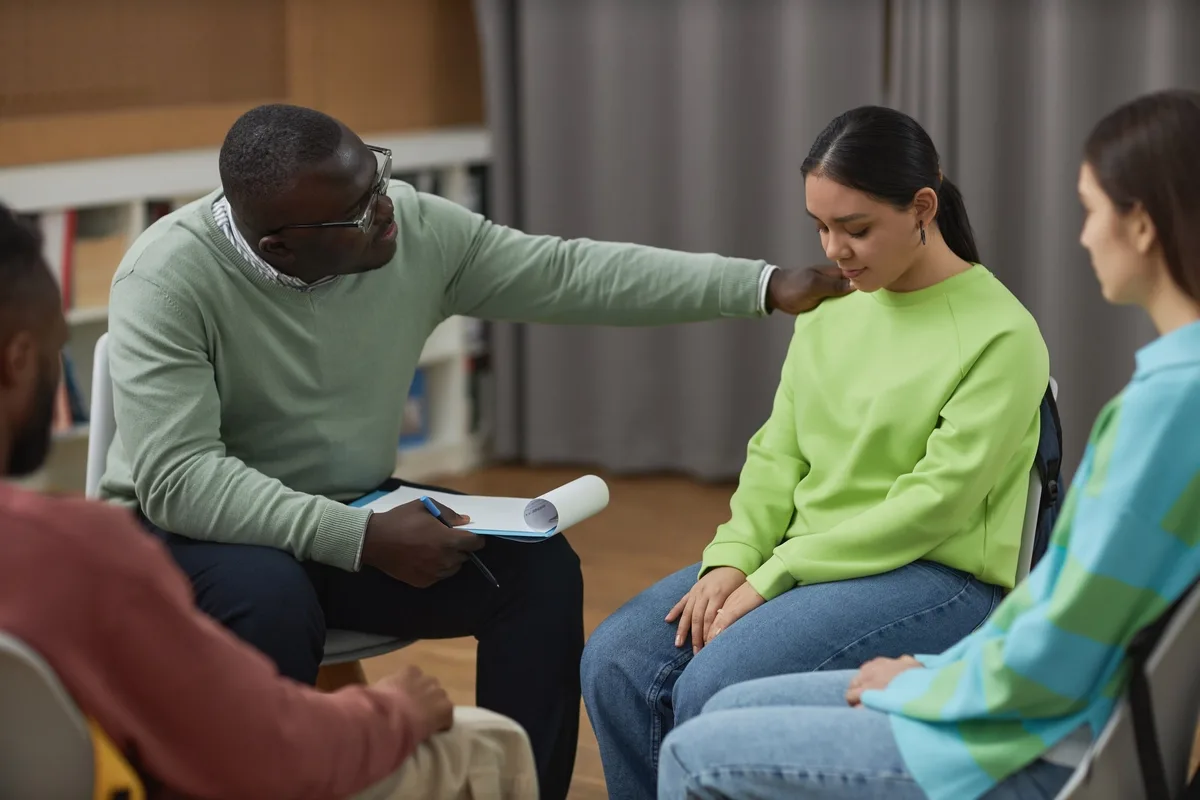24/7 Helpline:
(866) 899-221924/7 Helpline:
(866) 899-2219
Learn more about Prescription drug Rehab centers in Oswego
Prescription drug Rehab in Other Cities

Other Insurance Options

Lucent

Sliding scale payment assistance

Kaiser Permanente

Covered California

United Health Care

CareFirst

Multiplan

Meritain

ComPsych

EmblemHealth

WellCare Health Plans

Choice Care Network

Holman Group
Beacon

Premera

Excellus

American Behavioral

Highmark

Health Choice

Magellan

Portrait Health Centers and Counseling Services
Portrait Health Centers and Counseling Services is a private rehab located in Oswego, Illinois. Port...

Farnham Family Services – Chemical Dependency Outpatient
Farnham Family Services – Chemical Dependency Outpatient is a non-profit rehab located in Oswego, Ne...






Council on Alcoholism and Addictions
Council on Alcoholism and Addictions is a private rehab located in Oswego, New York. Council on Alco...










